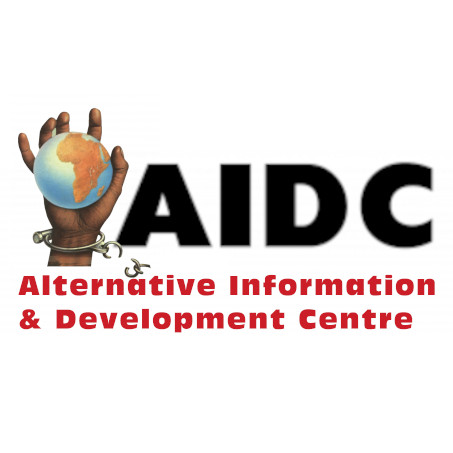As the devastating impacts of the global climate crisis become ever more clear, greater state intervention in the economy have become increasingly urgent. In the face of extreme weather events that continue to increase in frequency and intensity, rising sea levels, crop failures, and the loss of biodiversity, the global economy must rapidly decarbonise. Undoubtedly the highest priority is energy, given the energy sector’s large proportion of greenhouse gas emissions. The continued burning of fossil fuels threatens the future of the planet, but alternatives do exist. To avert the worst effects of the climate crisis, all countries must rapidly transition away from fossil fuels, adopting renewable energy at a mass scale. Abandoning fossil fuels is the most crucial step in global decarbonisation, but this transition must also be just. The energy transition cannot come at the cost of sacrificing the livelihoods of the working classes worldwide dependent upon fossil fuel production. To ensure a Just Transition that not only prevents job losses, but creates countless new jobs, states must adopt localisation strategies that will drive low-carbon industrialisation through producing the technologies necessary for renewable energy.
Unfortunately, the global trade regime stands in the way of this lofty goal. The ‘National Treatment’ principle of free trade means that states must treat foreign goods, services, and intellectual property the same as they treat domestic products. National Treatment, as a core foundation for the free trade paradigm, is included in almost all trade agreements, from the World Trade Organisation (WTO) to the African Continental Free Trade Agreement (AfCFTA). Localisation is therefore almost entirely banned, preventing states from deploying the industrial policies that would allow them to produce new local industries, such as renewable energy technology manufacturing. States worldwide are locked into market-based trade and industrial policies, forcing them to rely on imported renewable energy technologies produced by the handful of transnational corporations that control these industries. Already, South African Solar PV manufacturers have already been negatively affected, as they argued that cheap imports are crippling the local industry and has seen many manufacturers and installers close down.
Furthermore, the regulation of intellectual property rights through trade agreements prevents the widespread adoption of renewable energy technology. A rapid shift to renewable energy would require the latest, most advanced renewable energy technology. Even if a domestic industry is created to manufacture the technology, this industry will still have to import certain components, designs, and materials bought on the international market. The WTO’s Agreement on Trade-Related Aspects of Intellectual Property Rights (TRIPS) lays out a global baseline for the intellectual property rights of all WTO member states. Many regional and bilateral agreements stipulate stronger and longer intellectual property protections, often known as “TRIPS-Plus” arrangements. Intellectual property protections prevent technology transfer, keeping the knowledge necessary for mitigating climate change in the hands of a few profitable corporations. These restrictions prevent the rapid, equitable, and affordable rollout of renewable energy that is desperately needed in tackling the climate crisis, unemployment, and poverty.
A new report from the Alternative Information & Development Centre (AIDC) outlines the impediments that the global trade regime poses to a Just Transition, detailing most of the trade and investment agreements that restrict the policy choices of South Africa and much of the rest of the continent. It also outlines possible avenues towards rejecting free trade and creating new, equitable trade and industrial policies.
This report will be discussed at a webinar hosted by AIDC on Wednesday, 1 December at 14:00 SAST. The discussion will also include inputs from Africa Kiiza of the Southern and Eastern Africa Trade Information and Negotiations Institute (SEATINI) and Simon Eppel of the Southern African Clothing and Textile Workers’ Union (SACTWU), speaking to the issues of regional integration and labour responses to the AfCFTA, respectively.
Click to access Trade-Booklet-Web-Format.pdf
Zoom invite
When: Dec 1, 2021 02:00 PM Johannesburg
Topic: Perils and Pitfalls of the AfCFTA
Register in advance for this webinar:
https://us02web.zoom.us/webinar/register/WN__L4Mp2VqQlCArnLs44Ys3g
The post Webinar: Perils and Pitfalls of the African Continental Free Trade Agreement appeared first on AIDC | Alternative Information & Development Centre.






